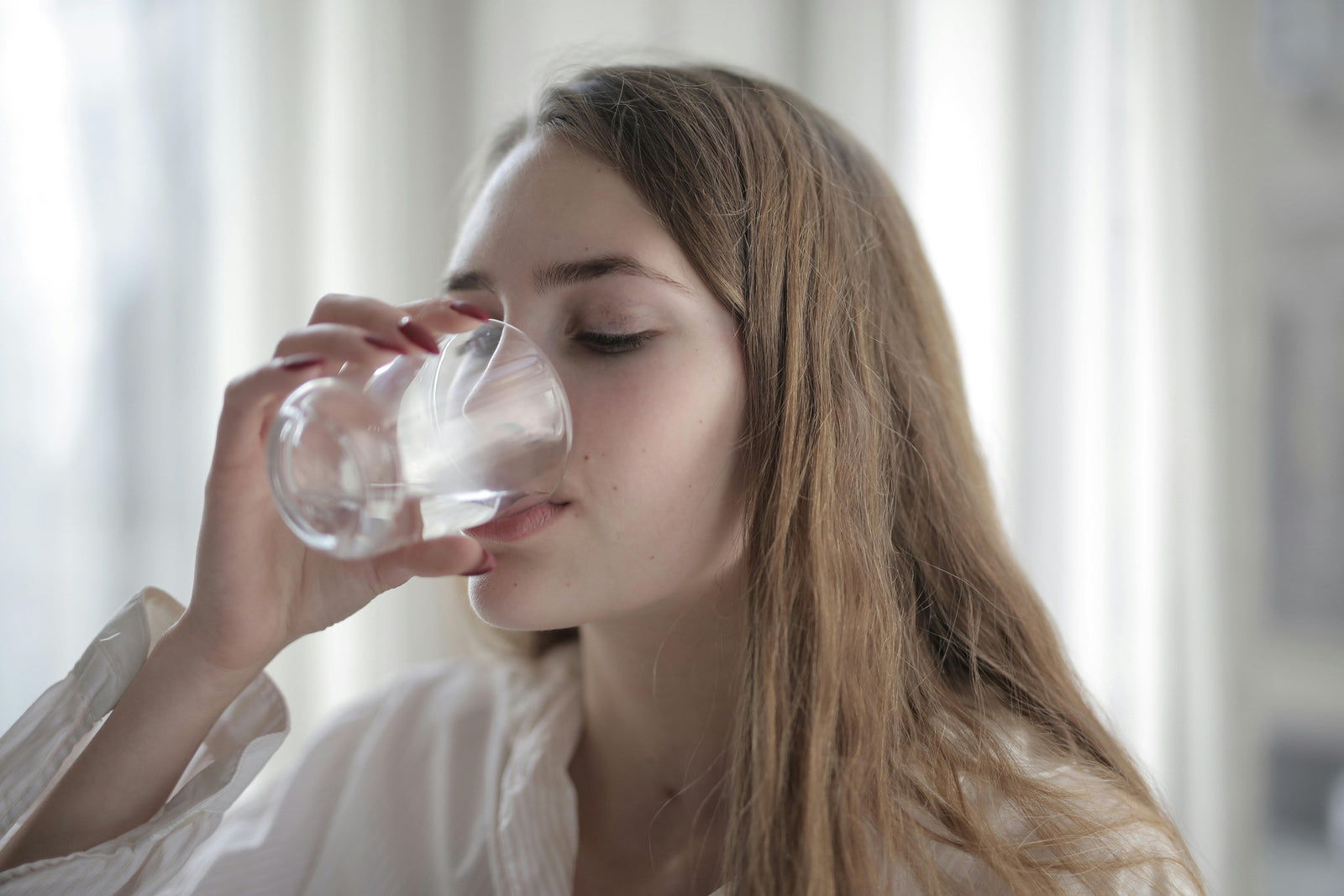World Water Day (WWD) is observed each year on March 22nd. Created to raise awareness about the importance of fresh water and advocate for the sustainable management of water resources around the world, this global event serves as a reminder of the critical role that water plays in our lives. From supporting health and sanitation to sustaining ecosystems and economies, there is no world without water.
Getting enough fluids is absolutely vital for good health. Without adequate water intake, your body suffers in all sorts of ways. Water allows your body to regulate its temperature, maintain energy, flush out waste products, and much more.
In honor of World Water Day, let's explore some top hydration tips to help you stay refreshed and replenished throughout the day.
Set a Hydration Goal

Setting a hydration goal is the first step towards ensuring that you are drinking enough water throughout the day. But how much water do you actually need?
While the "eight glasses a day" rule is a common guideline, individual water needs vary based on factors such as age, weight, activity level, and climate. A general recommendation is to aim for about half your body weight (in pounds) in ounces of water per day. So if you weigh 160lb, aim to drink 80 oz (just under 2.4 liters) of water.
You can use a reusable water bottle with volume markings to track your intake and set hourly goals to stay on track. Remember to adjust your hydration goals based on factors such as exercise, heat, and humidity levels, too.
Infuse Your Water with Flavor

If you find plain water boring or dislike the taste, infusing it with natural flavors can make hydration more enjoyable. Add slices of fresh fruit such as lemon, lime, orange, cucumber, or berries to your water for a refreshing taste boost without any additional calories or sugar. You can also experiment with herbs such as mint, basil, or cilantro.
Investing in a fruit-infuser water bottle makes it easy to create and enjoy flavorful combinations on the go. Not only does infused water taste delicious, making you more likely to reach your hydration goals, but it also provides additional vitamins, minerals, and antioxidants to support your overall health and wellbeing.
Incorporate Hydrating Foods into Your Diet

In addition to sipping water throughout the day, you can boost your hydration by incorporating water-rich foods into your diet. Fruits and vegetables with a high water content, such as watermelon, cucumbers, strawberries, oranges, celery, and spinach all contribute to your overall fluid intake.
Snacking on hydrating foods throughout the day can help you to stay hydrated while also providing essential nutrients and fiber. Soups, broths, and smoothies are also excellent options for increasing your fluid intake.
Establish a Hydration Routine

Establishing a simple hydration routine can help to ensure that you drink water consistently throughout the day. The trick is to create something that fits in with your life so that you will stick to it.
Begin your morning with a glass of water before breakfast to kickstart hydration and replenish the fluids lost during sleep, then make it a habit to drink a large glass with every meal. Set reminders on your smartphone or use a hydration tracking app to prompt you to drink water at regular intervals throughout the day.
Consider incorporating hydration breaks into your daily schedule, too. For example, why not take a sip of water every time you check your email or complete a task? Soon it will become second nature and, by making hydration a habit, you'll be more likely to meet your daily water goals effortlessly.
Monitor Your Hydration Status

Keeping an eye on your hydration levels can help you to recognize signs of dehydration and take proactive steps to rehydrate before it becomes a problem. So get to know your body!
Pay attention to cues such as thirst, urine color, and energy levels throughout the day. Dark yellow or amber-colored urine may indicate dehydration, while pale yellow or clear urine suggests adequate hydration. If you’re feeling more tired than usual for no obvious reason, hydration may be the problem. Dizziness and headaches can indicate serious dehydration.
Keep in mind that other factors such as medications, certain medical conditions, and alcohol or caffeine intake can affect hydration levels.
Remember that small changes in your hydration habits can lead to significant improvements in your health and vitality. Cheers to staying hydrated and celebrating the life-giving power of water!
